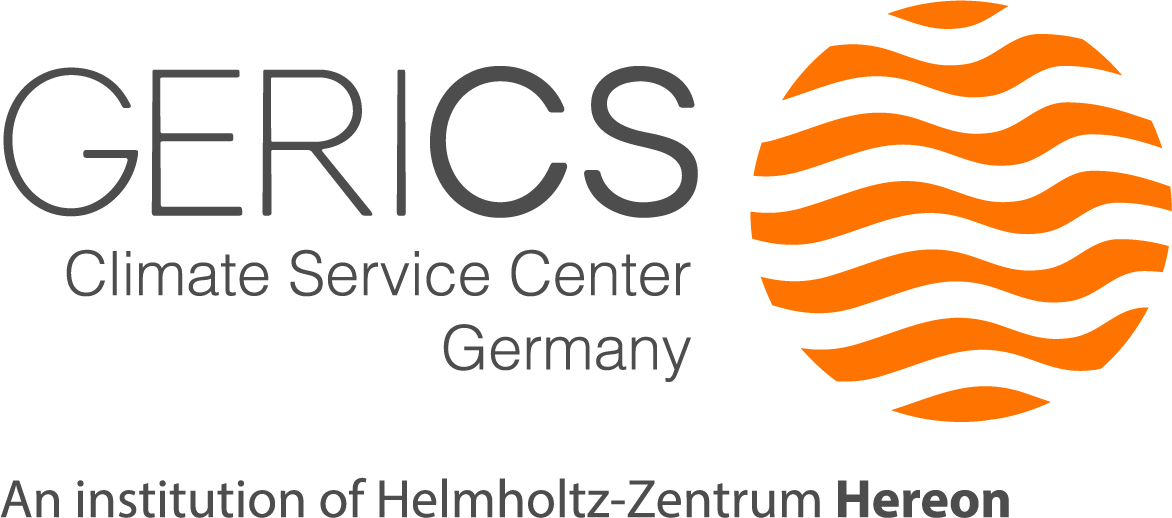Cost Effective Energy Scenarios to Meet Temperature Targets: Does a Hedging Approach Change Economic Policy Recommendations?
Lecturer: Prof. Dr. Hermann Held / Universität Hamburg, Center for Earth System Research and Sustainability and Research Unit Sustainability and Global Change
Abstract:
IPCC AR5 shows that the 2 °C target is compatible with continued economic growth and that the globally averaged short-term consumption loss to finance an energy transition is 1%. Initial work on the 1.5 °C target shows that the economic expenditures are significantly higher, but are likely to be of the same order of magnitude.
These statements on the costs of an energy transition are based on integrated energy-climate-economy models, from which hundreds of energy scenarios were evaluated. Most of these scenarios were generated without an explicit representation of uncertainty about essential input parameters such as the learning rates of individual energy technologies or climate sensitivity.
Here we examine mechanisms through which explicit consideration of uncertainty has changed or could change policy recommendations. In particular, it is pointed out that the economic paradigm implicitly used in the above, asking for cost-minimal solutions under climate targets, needs to be generalized if one does not want to turn a blind eye to the possibility of future learning about uncertain parameters in today's investment planning.
In this context, such a new, generalizing approach (Held, 2019) for decision-making and, hence, scenario generation under uncertainty and anticipated future learning is presented. It is discussed for which class of issues the energy scenarios summarized in IPCC AR5 are robust under uncertainty and for which qualitatively different policy recommendations would result.
Reference:
H. Held, Cost Risk Analysis – Dynamically Consistent Decision-Making under Climate Targets, Environmental and Resource Economics, 72 (1), 247-261, DOI 10.1007/s10640-018-0288-y, http://link.springer.com/article/10.1007/s10640-018-0288-y (2019).
